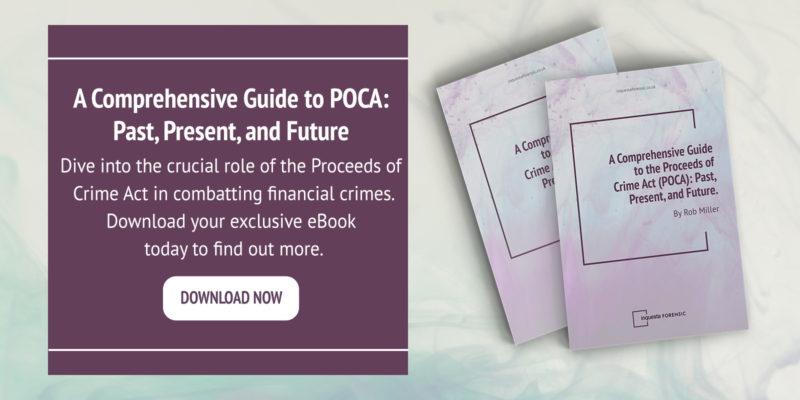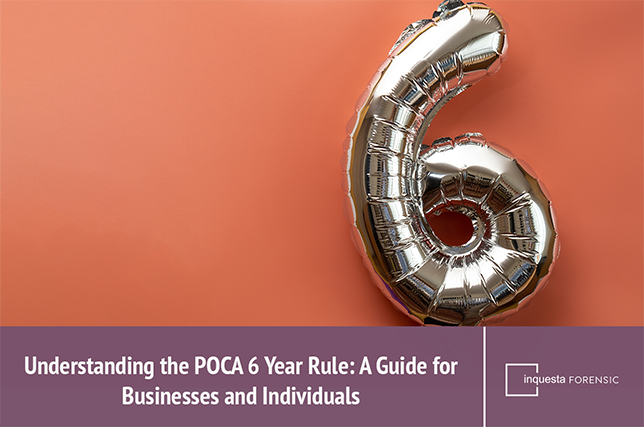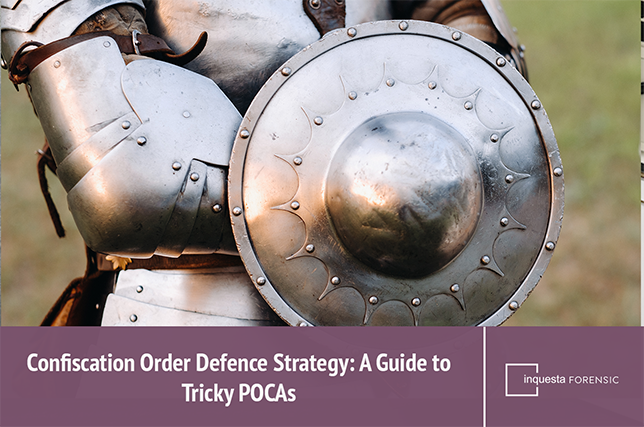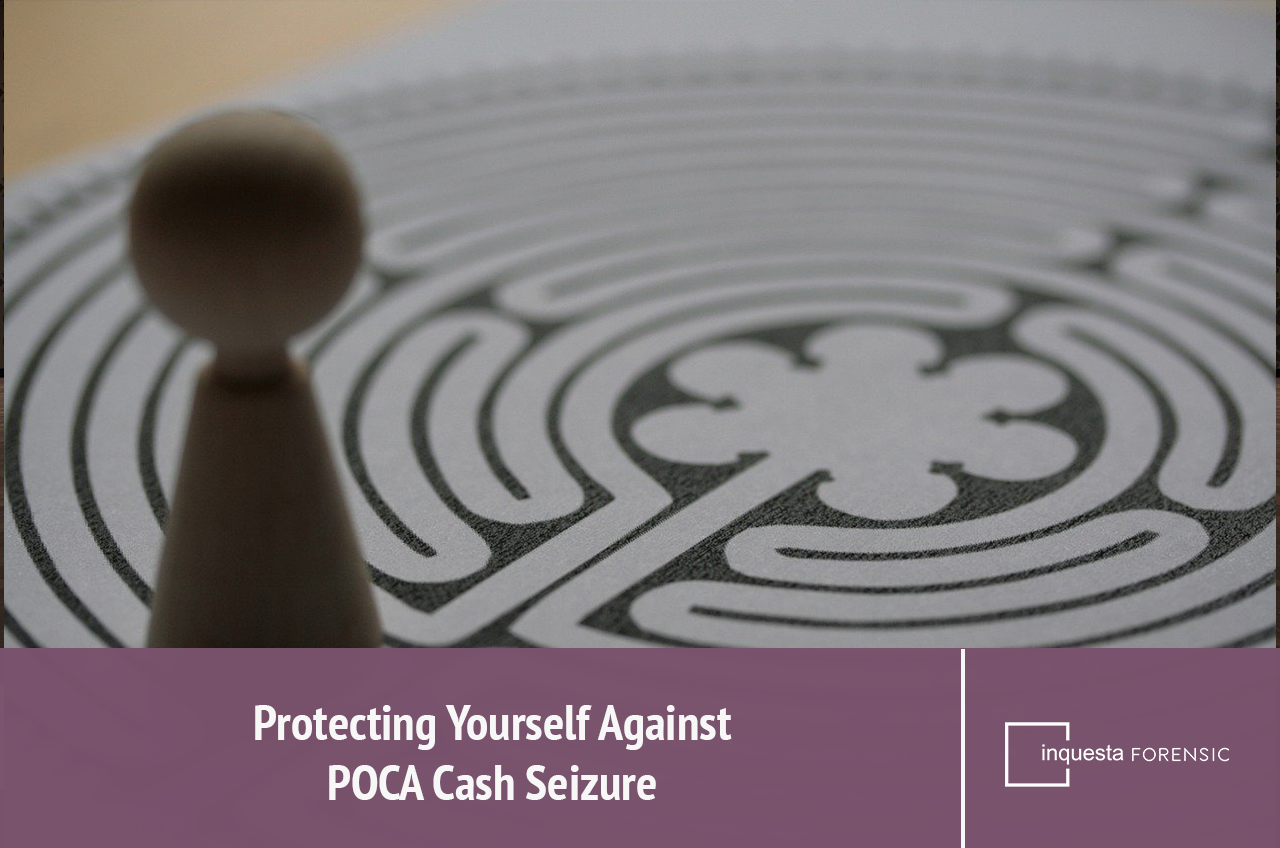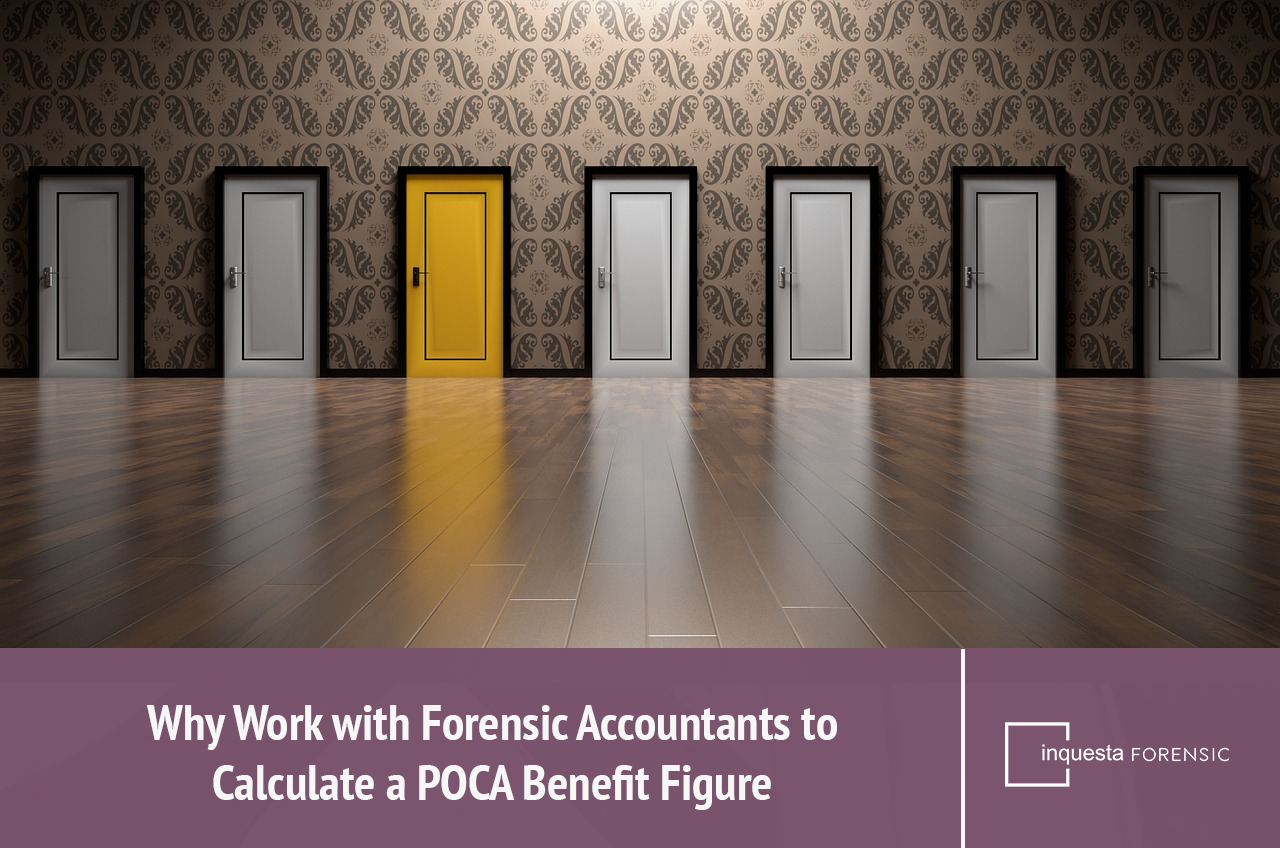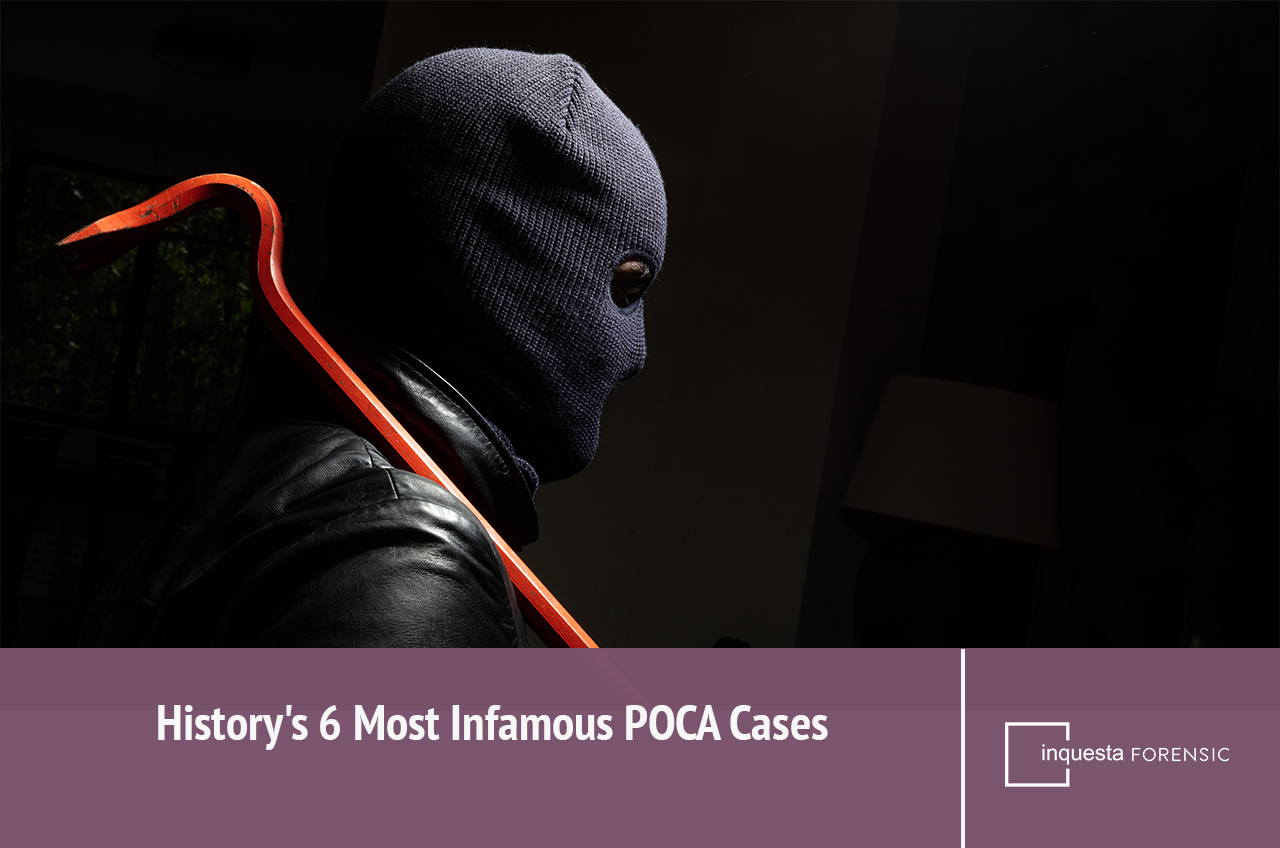The Proceeds of Crime Act (POCA) represents one of the most crucial pieces of legislation out there to combat serious financial crimes. However, its broad scope and complex provisions can prove daunting for many individuals facing allegations falling under its purview.
Similarly, the initial statements in confiscation order proceedings can often be harsh. This makes implementing an effective POCA defence strategy even more essential. Join us as we delve into the many intricacies of POCA, as well as offer insights into what it takes in order to protect yourself and mount a strong defence.
Understanding POCA
The Proceeds of Crime Act was introduced by the UK government as a means of disrupting the flow of illegal funds to and from criminal enterprises. POCA grants authorities the powers necessary to confiscate any assets suspected to derive from unlawful activities. It covers a range of offences, including drug trafficking, fraud, human trafficking, prostitution, and more.
POCA acts under the principles of civil recovery. This means that a criminal conviction is not required for assets to be seized. The key provisions of a POCA case are:
- Asset Recovery: POCA can empower a law enforcement agency to seize any assets that are believed to have been obtained through criminal conduct. This can include money, property, vehicles, etc.
- Unexplained Wealth Orders (UWOs): Introduced in 2017, UWOs require a person to take account for any wealth that exceeds their known and expected income. Failure to explain such wealth could result in asset forfeiture.
- Money Laundering Offences: There are several criminal penalties for any individual involved in concealing, transferring, or acquiring the proceeds of crime.
- Restraint Orders: Courts may look to issue restraint orders in order to forcibly freeze assets suspected to have ties to criminality. This is done to keep them in place pending legal proceedings.
Looking for more information about the Proceeds of Crime Act? Check out our blogs “The Proceeds of Crime Act Explained” and “What Happens if You Can’t Pay POCA Confiscation Orders?” to find out more about this highly complex subject.
A Guide to POCA Defence in Six Steps
The act of mounting a robust POCA defence will require a comprehensive understanding of its various provisions and regulations. There are a number of key steps that must be followed, including:
Step One: Seek Representation
The very first thing you should do if you are accused of any acts held under the Proceeds of Crime Act is to engage experienced representation who specialise in POCA defence. This step is paramount and should never be overlooked, no matter how many POCA blogs you read.
These experts, including solicitors and forensic accountants, will possess the in-depth knowledge of POCA legislation necessary to advise you on key steps going forwards. They can provide invaluable guidance and support throughout the process, ensuring that your rights are protected wherever possible.
Step Two: Cooperate With Authorities
In a case of a POCA confiscation defence, you may be inclined to complicate the legal process as much as possible, to make the authorities life as difficult as you can. However, this is unlikely to be recommended, or benefit you in any real way.
In some scenarios, the simple act of cooperating where possible with law enforcement agencies can lead to favourable outcomes. Your legal team will be able to advise you on the circumstances surrounding your case and when you should provide information, assist in an investigation, or speak to the authorities.
Step Three: Challenge the Evidence
A key aspect of POCA defence is scrutinising the evidence that is presented against you. Your legal team should be meticulously reviewing each and every piece of evidence they can get their hands on, looking for any inconsistencies or inaccuracies — anything at all that could, in any way, weaken the prosecution’s case.
The skillset of a forensic accountant can be extremely handy at this stage. This is because they will oftentimes be required to meticulously study reams of data in order to uncover, in some cases, only small shreds of useful evidence. This process of finding a needle in a haystack is something forensic accountants specialise in. Anything that is found may be used to challenge the reliability, trustworthiness, or admissibility of the evidence presented.
Step Four: Prove Legitimate Income
Particularly relevant if you’re facing allegations of money laundering or unexplained wealth, it is essential that you can prove the legitimacy of your income. There are a number of documents that can be used to prove that your income is legitimate, including:
- Bank statements (both up-to-date and historical)
- Tax returns records
- Employment records
- Business contracts
A financial analysis at this stage can help to establish trails of legitimate income sources. If you can prove that your income is legitimate, you have a good chance of undermining any allegations of criminal activity and benefitting from the proceeds of crime.
Step Five: Challenge Seizure
Being stripped of your assets will affect your finances and, potentially, damage your reputation. Therefore, it’s crucial that you remember to challenge the legality of asset seizure.
If any irregularities can be found, such as violations of standard POCA regulations, confiscated assets may be returned and the prosecution’s case will likely also be weakened in the process.
Step Six: Negotiate a Settlement
Depending on the circumstances of your case, pushing for a settlement may be the most pragmatic and realistic option available to you. Your legal team can engage in negotiations on your behalf in order to come to some form of mutually acceptable resolution. A settlement can be an excellent way to minimise your losses and help bypass a protracted and long-winded legal battle.
Every settlement will look different. However, they can often involve:
- The return of seized assets
- Penalty reduction
- Systems to mitigate the impact on a person’s life
Inquesta Forensic: Your Shield Against POCA Allegations
Navigating the complexities of POCA defence demands ample expertise, diligence, and strategic acumen behind you. You need an ally that you can trust to guide you through these challenges. At Inquesta Forensic, we stand at the very forefront of financial crime defence, offering unparalleled insight and meticulous attention to detail in order to safeguard our clients’ best interests.
Our team of seasoned professionals are experienced in defending against allegations regarding POCA, and can navigate the nuances of this highly intricate terrain. While the legislation stands out as a formidable tool in the fight against financial crime, a well-executed and honest defence can help to tip the scales back in your favour.
At Inquesta Forensic, we understand that each Proceeds of Crime case is unique. That’s why we tailor our approach to meet the specific needs of each client who approaches us.
When it comes to POCA defence, trust the experts. Trust Inquesta Forensic. Contact us to find out more about how we can help with your POCA defence, or to hear more about the other services we offer.
- Your Partner’s Been Convicted: Can They Take Your House? What Section 10a POCA Means For You
- The Essential Role of Forensic Accounting in High Net Worth Divorce
- How to Value a Startup Business: A Guide for UK Entrepreneurs
- Pig Butchering Scams: Guide to Crypto Romance Fraud
- Shareholders’ Disputes: How Business Valuation Helps with Shareholder Dispute Resolution

